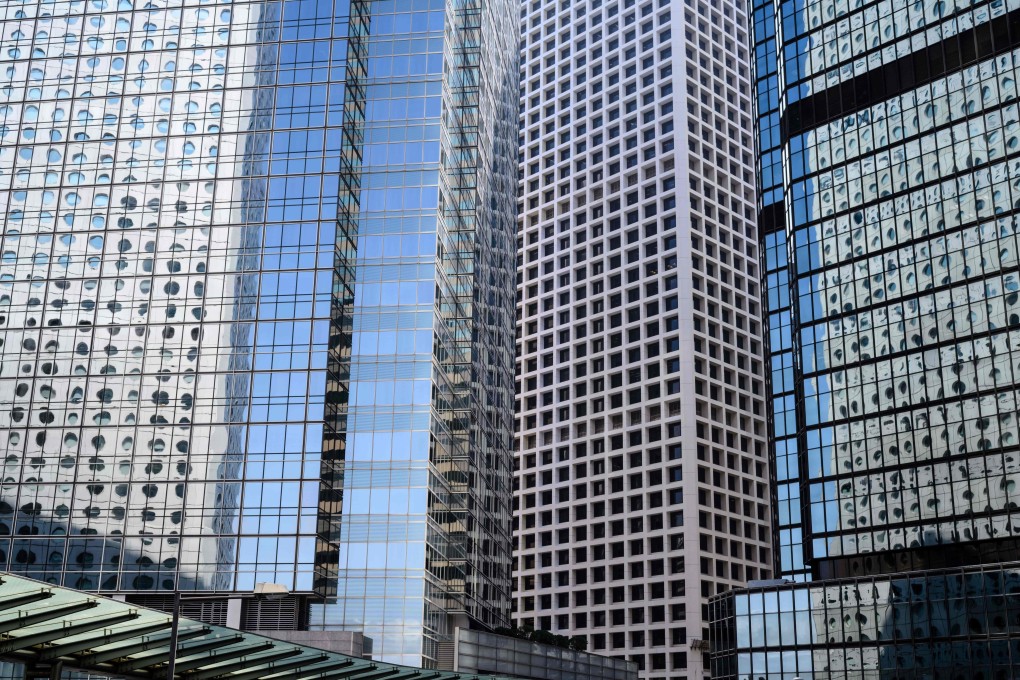Advertisement
The View | Hong Kong’s property developers should have the sense to go green and protect assets from climate change
- Hong Kong, with key assets just above sea level, faces threats from climate change. A new low-carbon charter shows it makes business and political sense to collaborate with Beijing to improve energy efficiency in buildings and reduce emissions
Reading Time:4 minutes
Why you can trust SCMP

The Business Environment Council’s Low Carbon Charter, announced on March 19, breathes new life into the moribund dialogue about improving energy efficiency in Hong Kong’s buildings. The council, which promotes environmental solutions, has long urged companies in the property sector to set targets and timelines for reducing greenhouse gas emission as part of a robust long-term business strategy. The charter is also a timely addition to a public engagement exercise on Hong Kong’s long-term climate strategy until 2050, which is due to wrap up later this year.
Advertisement
The charter is a call to action. It challenges Hong Kong’s property sector to adopt corporate best practices in a positive-sum way. Thirty-one signatories to the charter are committed to decarbonising their business along one of two pathways. Pathway 1 is to work towards setting goals aligned with the Paris Agreement, which aims to limit global warming to under 2 degrees Celsius. Pathway 2 signatories will submit their goals to the Science Based Targets initiative for validation. Only 186 companies around the world have won approval from the initiative, which uses a rigorous process to determine if a company’s decarbonisation goal is in line with the Paris agreement.
To the companies signing the charter, bravo. To those that have not, here are a few things to consider.
Environmental sustainability is an area where China prides itself on emerging as a world leader, and Hong Kong can work together with the mainland to tackle one of the most urgent problems of our time. Hong Kong is included in China’s national commitment to the Paris agreement. In line with China’s goal, Hong Kong has set a target of cutting carbon emissions by 26 to 36 per cent by 2030, compared to 2005.
Energy efficiency in the built environment is crucial, since about 90 per cent of Hong Kong’s electricity is consumed in buildings, which in turn contributes 61 per cent to the city’s greenhouse gas emissions. According to the Business Environment Council, the energy intensity of office buildings fell by nearly a quarter between 2002 and 2008, but it hasn’t budged since then. And the energy intensity of private residential buildings has remained virtually unchanged.
Advertisement

Advertisement
